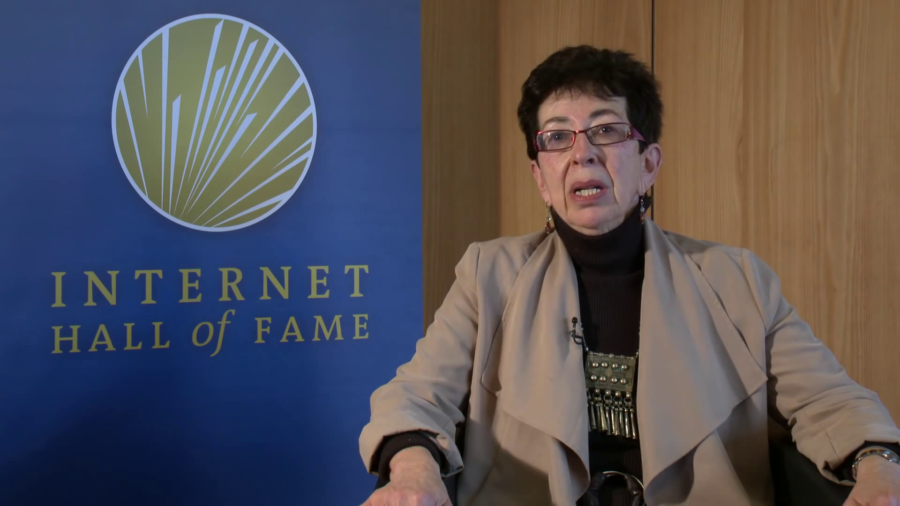I’m Nancy Hafkin. I live now in Boston, Massachusetts in the US. And the bulk of my work years were spent in Addis Ababa, Ethiopia, where I was working at the United Nations Economic Commission for Africa.
In my own background, I started professionally working in the first international program on women and development, which was right before the Mexico City conference on it. And it was through that work that I got interested in disseminating information and making information available to those who were severely deprived of it. And that is what brought me towards information technology and to get incredibly excited by the possibility of the Internet when it came along.
I think my proudest achievements were to be able to set up and launch the first program at the United Nations to promote information technology in a region. And the region was of course Africa. I got into it, as I’ve gotten into many things, starting out from a personal interest. I had been in charge of a research and publications program on women and development. And in order to do it, publications were produced using Selectric typewriters and pink correction fluid. So I got extremely interested in the possibilities of electronic publishing when that came along, and got very involved in that for the UN. And then I said to myself, “So why am I thinking only of the UN? Doesn’t this have any application for where I’m working and living, Africa?” And I proposed to the Executive Secretary of the Economic Commission a program to promote information technology in Africa. But the Internet wasn’t even heard of at that time. This was still in late 80s.
And he said, “If you want to do it, and if you can raise the money for it, go ahead. No one else is interested in it.” And it became the single largest and most successful program there, and I think had an impact on lighting the fire for the Internet and information society in Africa.
Our approach always was to think of inclusion and to get the Internet—not as people talk about the digital divide, but as a digital connector. And to be a digital connector, it means inclusion, and inclusion of everyone.
I think that the most important change that the Internet has brought to society is connection, is an end to isolation. This is so important to me, particularly from the perspective of living so long in a very poor, developing country, and where the thought of information overload is absolutely unknown. And the possibility that you can live in a rural village in Tanzania and have the same access to all the information that somebody would have at the University of California Berkeley, that’s a game changer. That’s a real game changer and I think that’s tremendously important. And I think that’s probably among the most important contributions that the Internet has made.
How all my work and professional experiences have changed my life, I think it’s been to give me a religion. It’s a religion that I want to pursue, that I want to proselytize. I officially retired from my employment twelve years ago. But I can’t stop. It’s a bug. And I want to go on promoting a knowledge society, an Internet-based knowledge society, for the whole globe. Because it doesn’t take the infrastructure that so many other kinds of development have taken. It’s possible now, everywhere, and it offers enormous opportunities, and I want to continue to work on getting that message out.
